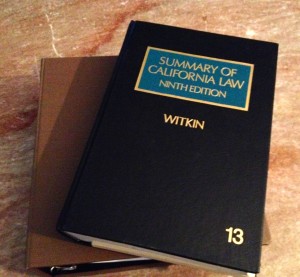The Plaintiff’s Liability for Engaging in Dangerous Behaviors
WHAT IS “ASSUMPTION OF THE RISK”?
The legal doctrine known as “assumption of the risk” states that a plaintiff’s right to recover damages from an otherwise negligent defendant may be reduced–or barred altogether–if the plaintiff “knowingly and voluntarily” accepted the risks associated with the (usually dangerous) activities that resulted in the plaintiff’s injuries.
In simpler terms, where a plaintiff:
1. Engaged in a dangerous activity, and
2. Understood and accepted the dangerous nature of the activity and the associated risks, and
3. Was injured in the course of the dangerous activity
The plaintiff may be barred from recovering damages from the defendant even if the defendant acted negligently.
However, the landlord does have a duty to remedy known dangers and to act in a way that does not increase the risks of harm to invitees or others entering upon or using his or her land.
ASSUMPTION OF THE RISK APPLIES TO CERTAIN PREMISES LIABILITY CLAIMS
Property owners, and tenants in possession, have a duty to mitigate and/or warn of hazardous conditions on their properties. However, the owner (or tenant in possession) does not have a duty to protect a plaintiff against risks inherent in the specific activities the plaintiff chooses to engage in while on the property. This most frequently arises in the context of dangerous sporting activities, such as hunting, which often result in injuries while engaging in the sport on the land of another.
Plaintiffs generally cannot recover damages from a landlord (or tenant in possession) if the plaintiff knowingly engages in hazardous activities, assumes the risks associated with those activities (either expressly or implicitly) and then suffers an injury.
***
DISCLAIMER: This article is intended for informational purposes only, does not constitute legal advice to any person or entity, and does not create an attorney-client relationship with any person or entity. Landlord-tenant law, including premises liability, is a complex legal topic, and no single article can provide complete or comprehensive coverage or information about this or any other legal topic or issue. Your personal liability may differ, based on your individual facts and circumstances. If you believe you have a legal claim or issue, or wish to know more about your individual rights, consult an experienced attorney without delay.















